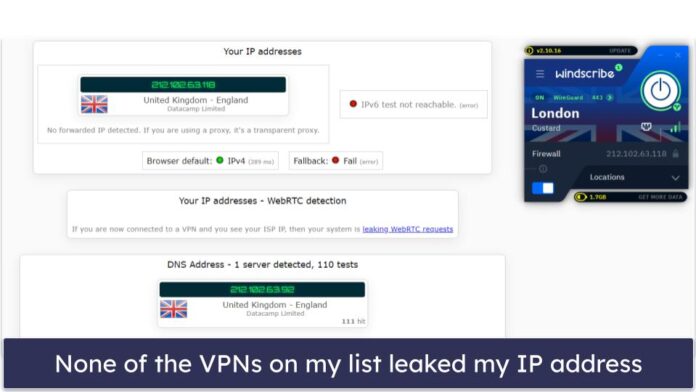The Java GZIPInputStream class (java.util.zip.GZIPInputStream) can be used to decompress files that are compressed with the GZIP compression algorithm, for instance via the GZIPOutputStream class.
java.lang.Object
java.io.InputStream
java.io.FilterInputStream
java.util.zip.InflaterInputStream
java.util.zip.GZIPInputStream
All Implemented Interfaces:
Closeable, AutoCloseable
public class GZIPInputStream extends InflaterInputStream
This class implements a stream filter for reading compressed data in the GZIP file format.
Constructors of this class are as follows:
- GZIPInputStream(InputStream in): Creates a new input stream with a default buffer size.
- GZIPInputStream(InputStream in, int size): Creates a new input stream with the specified buffer size.
Note: The java.util.zip.GZIPInputStream.read(byte[] buf, int off, int len) method reads uncompressed data into an array of bytes. If len is not zero, the method will block until some input can be decompressed; otherwise, no bytes are read and 0 is returned.
Methods of this class are as follows:
Method 1: close()
Closes this input stream and releases any system resources associated with the stream
Return type: void
Method 2: read()
Reads uncompressed data into an array of bytes
Parameters:
- Byte array
- int off
- int length
Return Type: Integer
Now let us come onto our eccentric method listed below as follows:
Method 3: GZIPInputStream.read(byte[] buf, int off, int len) method.
Parameters:
- byte[] buf
- int off
- int len
Syntax:
public int read() throws IOException
Parameters
- The buffer into which the data is read.
- The start offset in the destination array b.
- The maximum number of bytes read.
Return Type: The actual number of bytes read, or -1 if the end of the stream is reached.
Exceptions thrown:
- NullPointerException − If buf (buffer) is null.
- IndexOutOfBoundsException − If off is negative, len is negative, or len is greater than buf.length – off.
- ZipException − if the compressed input data is corrupt.
- IOException − if an I/O error has occurred.
Example
Java
// Java Program to Usage of GZIPInputStream// via Showcasing Reading Data// Importing required classesimport java.io.ByteArrayInputStream;import java.io.ByteArrayOutputStream;import java.io.IOException;import java.util.Arrays;import java.util.zip.DataFormatException;import java.util.zip.GZIPInputStream;import java.util.zip.GZIPOutputStream;// Main class// GZIPInputStreamDemopublic class GFG { // Main driver method public static void main(String[] args) throws DataFormatException, IOException { // Custom input string String message = "Welcome to Geeksforgeeks;" + "Welcome to Geeksforgeeks;" + "Welcome to Geeksforgeeks;" + "Welcome to Geeksforgeeks;" + "Welcome to Geeksforgeeks;" + "Welcome to Geeksforgeeks;" + "Welcome to Geeksforgeeks;" + "Welcome to Geeksforgeeks;" + "Welcome to Geeksforgeeks;" + "Welcome to Geeksforgeeks;"; // Print and display the message System.out.println("Original Message length : " + message.length()); byte[] input = message.getBytes("UTF-8"); // Compress the bytes ByteArrayOutputStream arrayOutputStream = new ByteArrayOutputStream(); GZIPOutputStream outputStream = new GZIPOutputStream(arrayOutputStream); outputStream.write(input); outputStream.close(); // Read and decompress the data byte[] readBuffer = new byte[5000]; ByteArrayInputStream arrayInputStream = new ByteArrayInputStream( arrayOutputStream.toByteArray()); GZIPInputStream inputStream = new GZIPInputStream(arrayInputStream); int read = inputStream.read(readBuffer, 0, readBuffer.length); inputStream.close(); // Should hold the original (reconstructed) data byte[] result = Arrays.copyOf(readBuffer, read); // Decode the bytes into a String message = new String(result, "UTF-8"); System.out.println("UnCompressed Message length : " + message.length()); }} |
Original Message length : 250 UnCompressed Message length : 250

